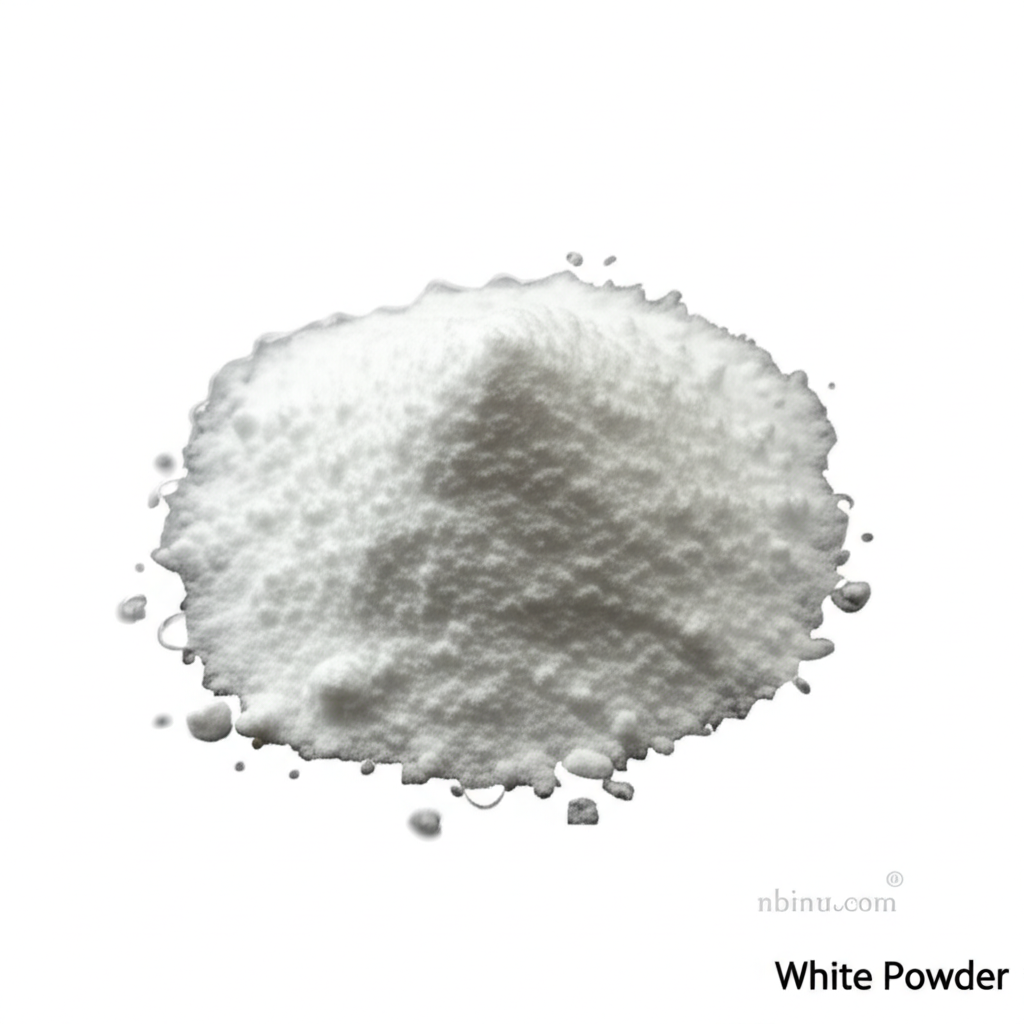Discover the Versatility of Hydrogenated Bisphenol A (HBPA)
Unlock superior performance with HBPA, a key intermediate for advanced material solutions.
Get a Quote & SampleProduct Core Value

4,4'-(Propane-2,2-diyl)dicyclohexanol
This high-quality chemical intermediate, known as HBPA, is a hydrogenated derivative of bisphenol A, offering enhanced thermal stability, weatherability, and UV resistance crucial for demanding applications.
- Leverage HBPA as a key intermediate for high-performance polymer additive applications, ensuring superior product longevity and resilience.
- Explore the advantages of using 4,4'-(Propane-2,2-diyl)dicyclohexanol in formulations requiring excellent UV resistance, extending product lifespan in outdoor environments.
- Benefit from the improved weatherability offered by HBPA, making it an ideal choice for advanced coatings and materials exposed to harsh conditions.
- Understand the critical role of this chemical intermediate in producing durable and color-stable products across various industries.
Advantages Offered
Enhanced Durability
The superior UV resistance and weatherability of HBPA contribute significantly to the longevity of finished products, a key factor when considering industrial grade HBPA supplier options.
Superior Thermal Performance
HBPA's inherent thermal stability makes it suitable for applications that require materials to withstand elevated temperatures without degradation, a crucial aspect for many polymer formulations.
Formulation Versatility
As a versatile chemical intermediate, 4,4'-(Propane-2,2-diyl)dicyclohexanol can be incorporated into a wide range of polymers, including epoxy and polyester resins, to achieve specific performance characteristics.
Key Applications
Epoxy Resins
Used as a curative or building block to produce epoxy resins with excellent clarity, low color, superior UV stability, and improved weather resistance, crucial for outdoor applications.
Polyester Resins
Incorporated into formulations to enhance chemical resistance, thermal stability, and mechanical properties, often used in high-performance composites and gel coats.
Coatings
Utilized in the synthesis of saturated polyester resins for powder coatings, coil coatings, and can coatings, providing good flexibility, adhesion, and resistance to yellowing.
Polycarbonates
Can be used to produce specialized polycarbonates with improved optical properties and resistance to weathering, a key consideration for many advanced material needs.
